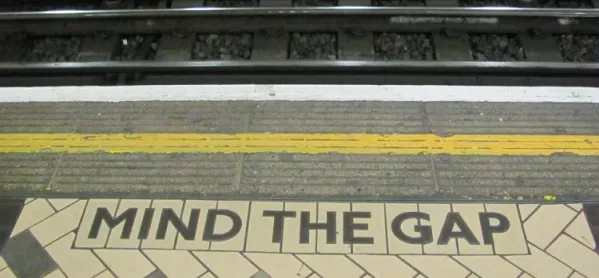A large majority - 71 per cent - of deaf children did not achieve a “good” grade 5 pass in GCSE English and maths, new data has revealed.
Department for Education figures also show that, at GCSE level, an attainment gap between deaf children and students with no special educational needs (SEN) widened in the past year.
Just 46 per cent of deaf pupils achieved a grade 4/C or above in both English and maths GCSE last year, compared with 70.4 per cent of their peers without SEN. That 24.4 percentage-point gap was up from 22.7 in 2016.
Deaf children are also achieving more than a whole grade less at GCSE, despite deafness not being classed as a learning disability.
The figures come within weeks of a report suggesting widespread national problems with deaf children’s education. The report shows that in the past seven years, there has been a 14 per cent cut in the number of specialist teachers, with 15 per cent of councils now having only one specialist teacher to support more than 100 deaf children.
Ian Noon, head of policy and research at the National Deaf Children’s Society, said: “Just a couple of weeks ago, the DfE was saying our concerns over the state of deaf children’s education were unfounded because their attainment at GCSE was ‘at a record high’.
“As their own data shows, this couldn’t be further from the truth. Deaf children are continuing to fall behind their hearing peers, the attainment gap continues to widen, cuts to services are continuing up and down the country, and the government continues to have absolutely no plan in place to sort this mess out.
“We now have a new team of ministers at the DfE, and my question to them is, what’s your plan to make sure the UK’s 50,000 deaf children get the support they so desperately need?”
Emma Fraser, a specialist teacher of deaf children, said: “Deafness is not a learning disability, and with the right support, deaf children can absolutely do just as well as any other child at school. It’s so upsetting to see deaf children carry on falling behind. For those children, and for all of their families seeing this new data coming out, we need action now. Anything less is unacceptable.”
A Department for Education spokesperson said: “Children and young people with special educational needs, including those who are deaf, should receive the support they need so they receive a high-quality education. Statistics show that attainment in English and maths for this group has been improving in recent years - the proportion of children with a hearing impairment achieving a standard pass (at grade 4 or above) in English and maths GCSEs, has increased by 6 percentage points compared with passes at C or above in 2011.”
Want to keep up with the latest education news and opinion? Follow Tes on Twitter and Instagram, and like Tes on Facebook




